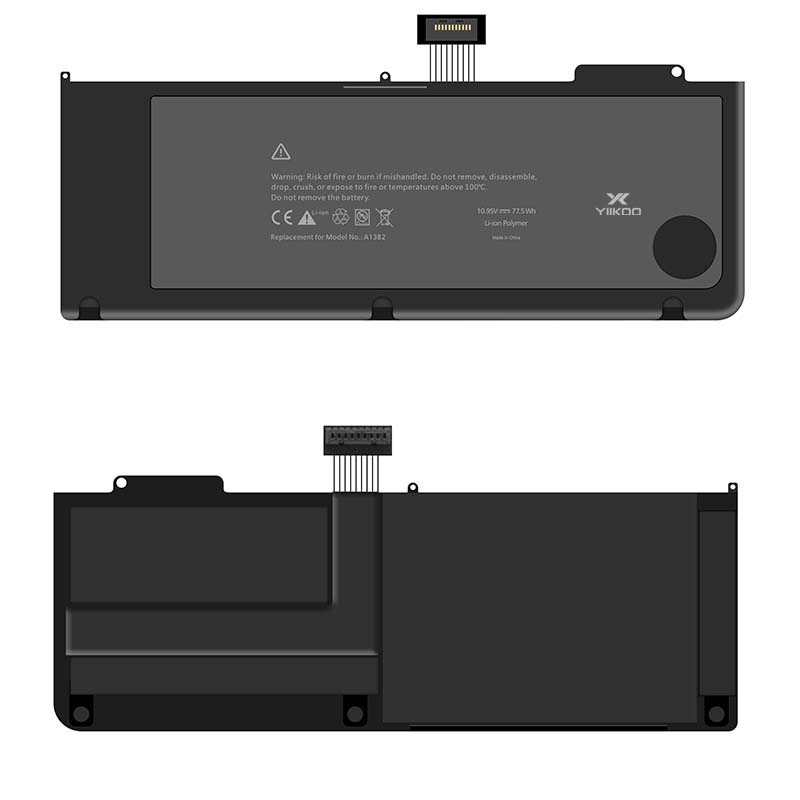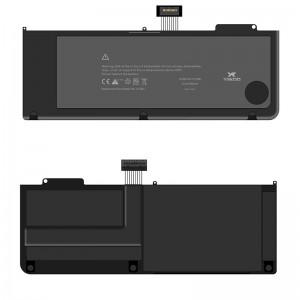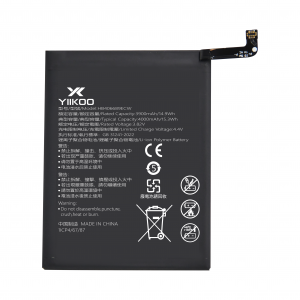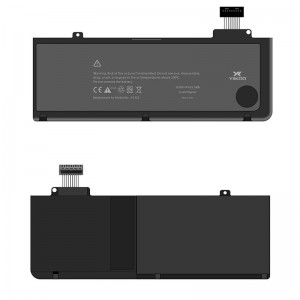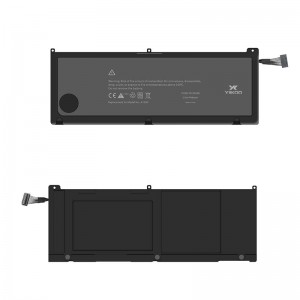yiikoo Best Selling Product Rechargeable Battery AA Battery For A1286 A1382 Replacement Battery
Detailed Picture
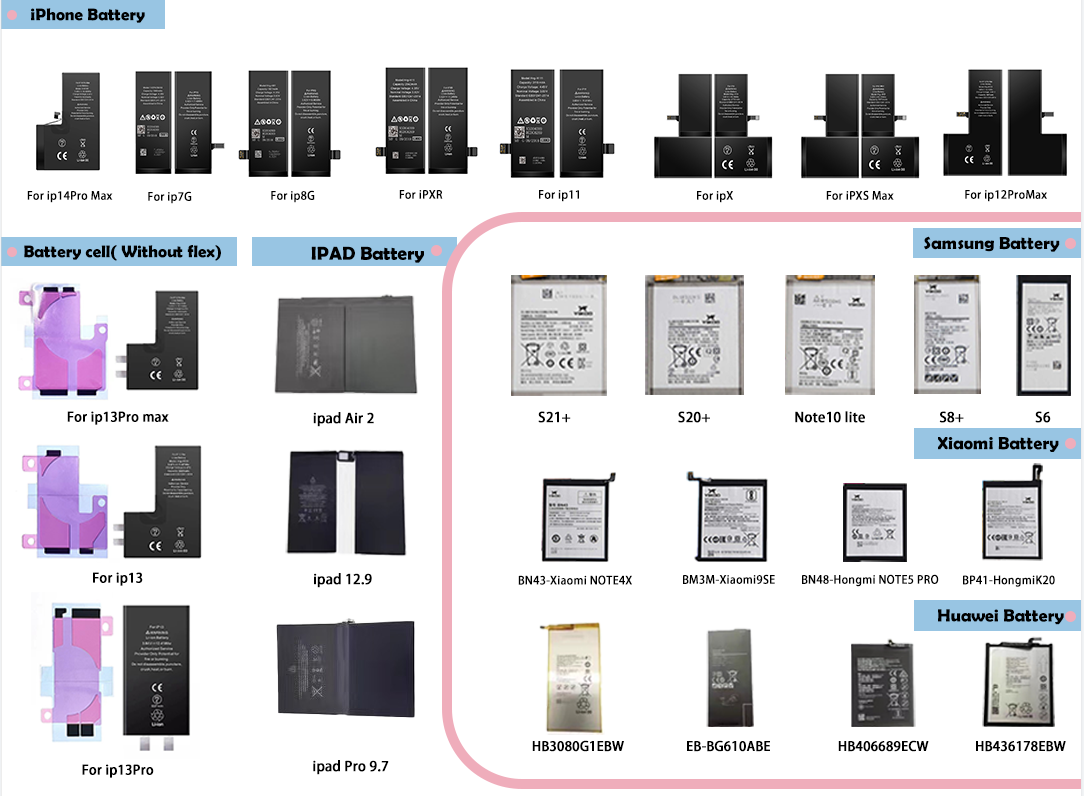


Description
1. Battery Maintenance: Proper maintenance of laptop batteries can help extend their life. Some tips for maintaining your laptop battery include not overcharging your battery, calibrating your battery, keeping your laptop battery at room temperature, and using the original charger.
2. Power Saving Features: Most laptops have built-in power-saving options that can help extend battery life. These features can include reducing screen brightness, turning off Wi-Fi when not in use, and enabling power-saving mode.
3. Replacement Laptop Batteries: When the laptop battery no longer holds a charge, it may need to be replaced. It's important to ensure that you purchase a replacement battery that is exactly the same model and voltage as the original battery to avoid damage to the laptop.
4. External Laptop Battery Chargers: External laptop battery chargers are available and can be used to charge the battery outside of the laptop. These chargers can be helpful if you need to charge your laptop battery quickly or if your laptop is not charging the battery correctly.
5. Recycling Laptop Batteries: Laptop batteries are considered hazardous waste and should not be disposed of with regular trash. Instead, they should be recycled properly. Many electronic stores or various recycling centers accept laptop batteries for recycling.
6. Battery Warranty: Most laptop batteries come with a warranty. Be sure to check the warranty terms and conditions before purchasing a replacement battery, as some warranties may become void if the battery is not used, stored or charged properly.
7. Power-Saving Settings: Adjusting your laptop's power-saving settings can help extend your battery life. You can adjust settings like screen brightness, Wi-Fi connection, and sleep time to help conserve battery power.
8. Unplug Your Laptop: When your laptop is fully charged, unplug it from the charger. Keeping your laptop plugged in for extended periods can cause damage to the battery and shorten its life span.
9. Don't Leave Batteries Unused: If you have a spare laptop battery, don't leave it unused for extended periods. Lithium-ion batteries can lose their charge over time, even when not in use. Be sure to use your spare battery periodically to keep it charged.
10. Avoid Extreme Temperatures: Do not expose your laptop or its battery to extreme temperatures. High temperatures can cause your battery to degrade faster, while low temperatures can cause the battery to stop working altogether.
11. Don't Overcharge Your Battery: Do not leave your laptop plugged in and charging for extended periods. Overcharging your battery can cause it to overheat and can also shorten its life span.


